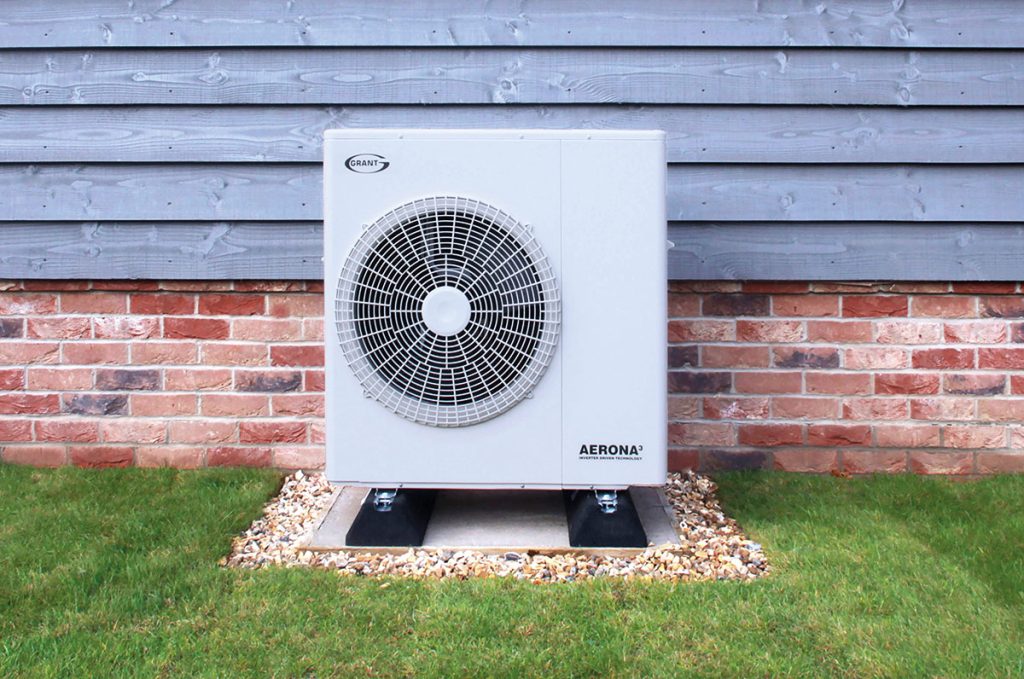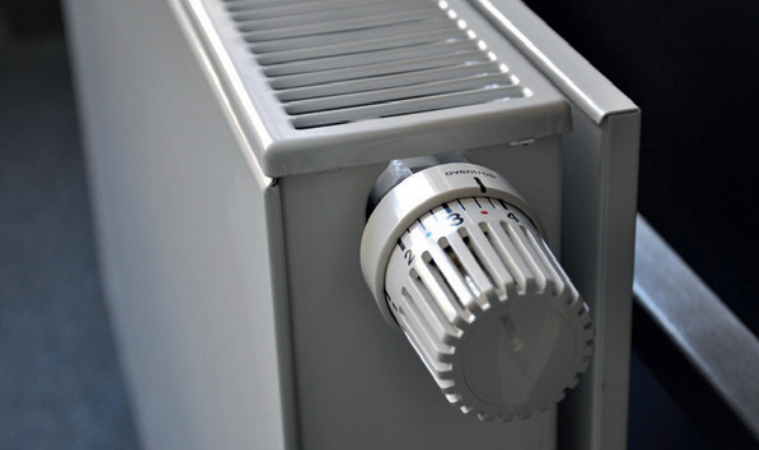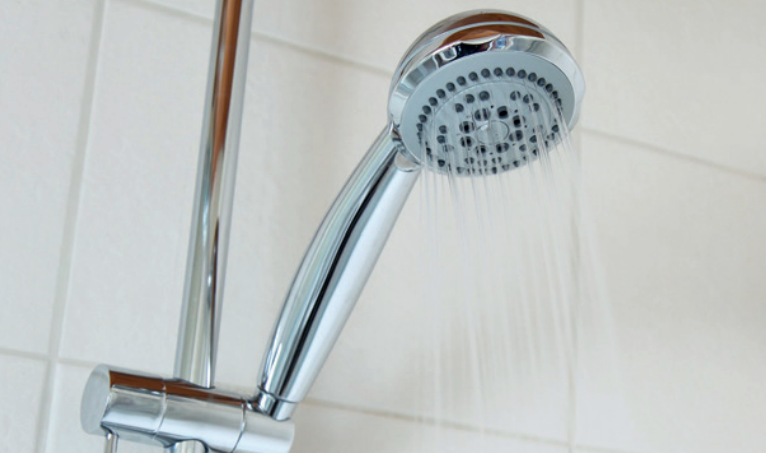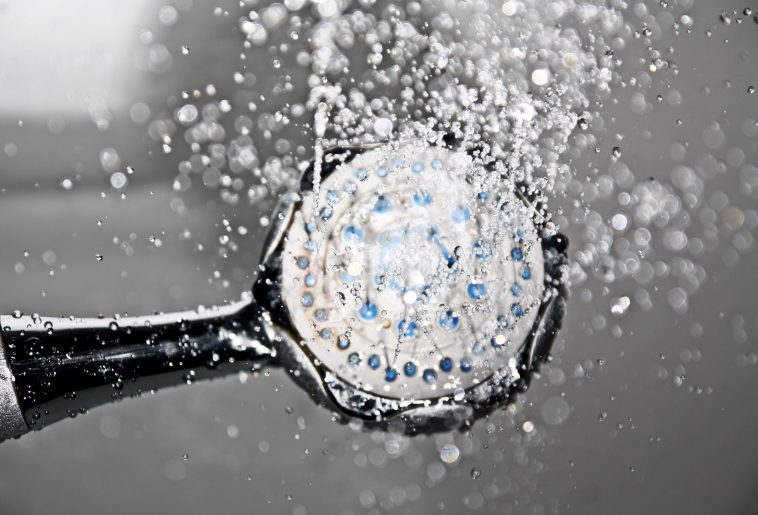There are two heating requirements for your house: space heating and hot water. We look at what your options are when building in Ireland.
In this article we cover:
- What is space heating? How much space heating do you need?
- How much hot water do you need for a typical family home?
- Main heating options for your new build or renovation project
Once your home is made energy efficient and airtight, what kind of space heating system do you need? How about hot water? The answer will be unique for each home, and you will need professional advice from an energy assessor or technical advisor to help you decide which system is best for you. The good news is, most systems offer both space heating and hot water.
Heat pump
Building regulations in ROI require a renewable component which is usually met with a heat pump, as it’s a tidy and now mainstream solution that can provide both space heating and hot water.
Even though the building regulations require good insulation levels, many self-builders tend to build large houses that require some form of background heating and heat pumps are especially well suited.

Gas and PV
An alternative for self-builders in ROI is to install photovoltaic panels as the renewable component. Gas then provides space heating and hot water; oil is no longer an option in the calculations. In NI the regulations haven’t tightened up yet, so all options are still on the table and many still opt for oil.
In terms of heat emitters, standard steel radiators are most common for high temperature systems (boilers typically heat water to 80degC to feed radiators); while low temperature systems (35 to 60 degC like heat pumps) tend to use underfloor heating or larger, usually aluminium, radiators. This means that converting a house from a high temperature to low temperature system can require an upgrade in heat emitters if the radiators haven’t been sized for a low temperature system in the first place.

No central heating
If the energy calculations show you don’t need central heating, and the construction is quality controlled for that to be the case in practice, a house will still require some form of spot heating.
Bathrooms will require an input, an option here is underfloor heating electric mats or other form of electric heating. Electric heating is not efficient, but the idea is that it won’t be on very often and only used as a top up. For the living area, stoves are common in this scenario as they can provide an instant blast of heat. Electric radiators then tend to complement the set up in other key locations, e.g. hall. Air to air heat pumps linked with the heat recovery ventilation system, are an option to heat the house through the ventilation ducts.

For hot water, you could then opt for a standalone heat pump designed to supply hot water only. Solar thermal panels will heat most of your hot water for most of the year but will require a backup in the form of an immersion or a traditional fossil fuel boiler.









